Health And Medicine
-
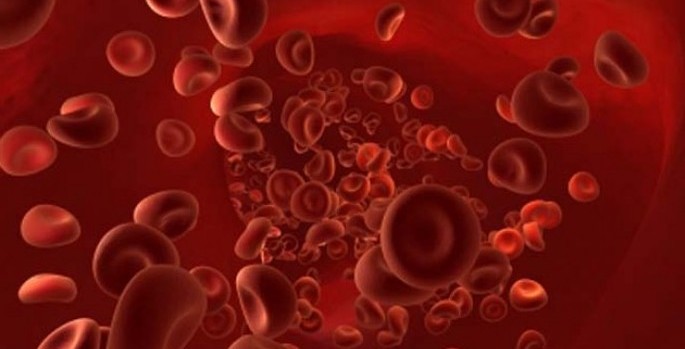
Transfusions ease strokes for children with sickle cell
Vanderbilt-led research found regular blood transfusion therapy significantly reduces the recurrence of strokes in children with sickle cell anemia who have previously had "silent" strokes. Read MoreAug 21, 2014
-

Study examines factors that boost suicide risk for doctors
A retrospective analysis of Tennessee physicians who underwent fitness-for-duty evaluations by Vanderbilt found an “astoundingly” high rate of suicide among physicians who were found unfit to practice, were in solo practice, or if they were taking anti-anxiety drugs. Read MoreAug 21, 2014
-

Research Staff Awards nominations sought
Vanderbilt University Medical Center is accepting nominations for the 2014 Research Staff Awards in the following categories: Read MoreAug 21, 2014
-

New technique accelerates genome editing process
It sounds like a potato chip. But CRISPR is actually the acronym for a new genome editing technique that, by many accounts, is accelerating the study of genes and disease. Read MoreAug 21, 2014
-
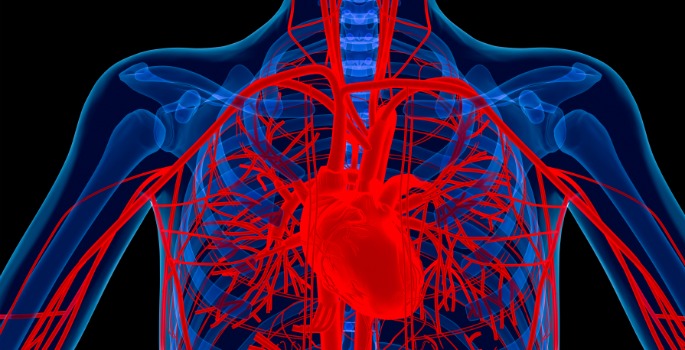
Study finds coronary arteries hold heart-regenerating cells
Endothelial cells residing in the coronary arteries can function as cardiac stem cells to produce new heart muscle tissue, Vanderbilt University investigators have discovered. Read MoreAug 20, 2014
-
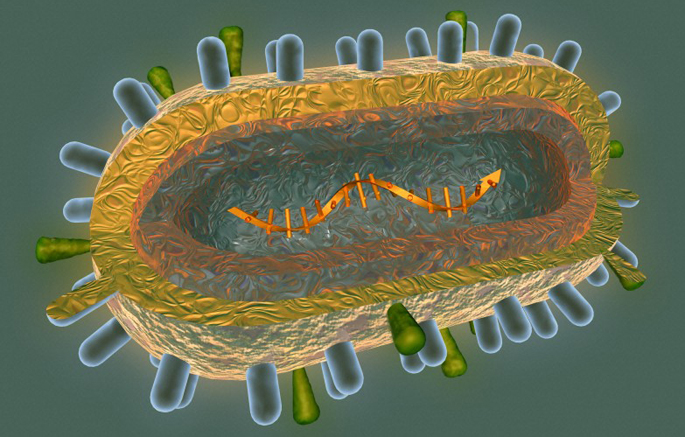
Enzyme holds the door for influenza
Compounds developed at Vanderbilt University may offer a new way to block influenza infection. Read MoreAug 20, 2014
-

Keeping an eye on blast trauma
Understanding the cellular and molecular responses of the eye to blast injury could guide new treatment development. Read MoreAug 19, 2014
-

Vanderbilt enrolling children with autism in medication-related weight gain study
Vanderbilt University is one of four sites in the United States and Canada to enroll children with autism in a study to examine weight gain commonly experienced while taking antipsychotic medication. Read MoreAug 15, 2014
-

Weight regain after gastric bypass
Early weight regain after gastric bypass surgery does not reverse metabolic improvements, and the "hunger hormone" ghrelin might indicate who is susceptible to weight regain. Read MoreAug 15, 2014
-

Team takes 4-D look at brain receptor’s role
Reporting last week in the journal Cell, researchers from Oregon Health and Science University, Harvard Medical School and Vanderbilt University describe the first “four-dimensional” picture of a brain receptor that plays a key role in learning and memory. Read MoreAug 14, 2014
-

Growth factor blockade targets breast tumors
Inhibition of BMP growth factor signaling reduces breast tumor burden and metastasis. Read MoreAug 14, 2014
-

High-dose flu vaccine more effective in elderly, Vanderbilt-led study shows
High-dose influenza vaccine is 24 percent more effective than the standard-dose vaccine in protecting persons ages 65 and over against influenza illness and its complications. Read MoreAug 13, 2014
-

Conn lands Javits Neuroscience Investigator award
Vanderbilt University’s P. Jeffrey Conn, Ph.D., has won a Javits Neuroscience Investigator Award from the National Institute of Neurological Disorders and Stroke for discoveries that could lead to new treatments for anxiety, schizophrenia and other brain disorders. Read MoreAug 7, 2014
-
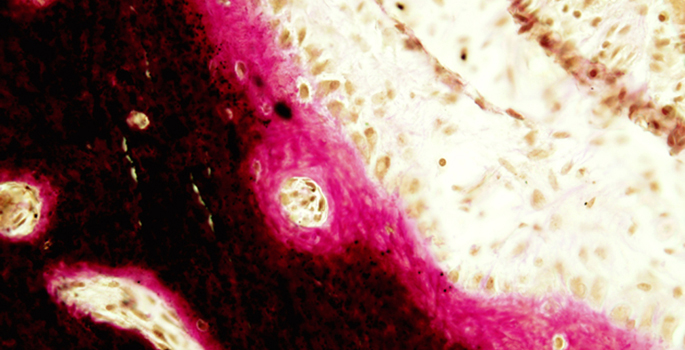
Novel treatment strengthens bones in genetic disease
An enzyme therapy may prevent skeletal abnormalities associated with the genetic disorder neurofibromatosis type-1, Vanderbilt investigators have discovered. Read MoreAug 7, 2014
-
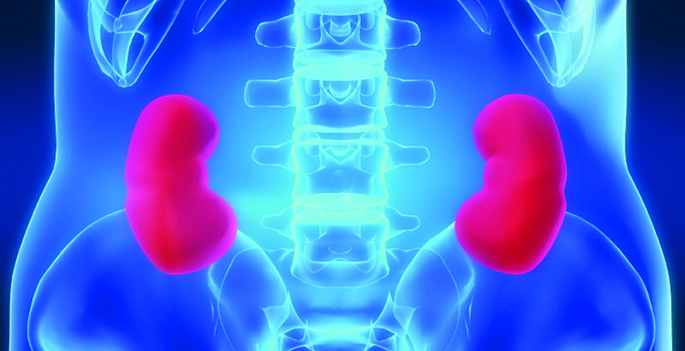
Study tracks new end-stage renal disease therapy
Researchers in Vanderbilt’s Division of Nephrology conducted a Phase 3 clinical trial to test the safety and efficacy of a new drug to treat patients with end-stage renal disease. Read MoreAug 7, 2014
-

Low selenium and lung cancer
Vanderbilt researchers have found that selenium deficiency may contribute to the racial disparity in lung cancer incidence. Read MoreAug 6, 2014
-

Technique brings spinal cord neural signaling into focus
Researchers in the Vanderbilt University Institute of Imaging Science have achieved the first conclusive non-invasive measurement of neural signaling in the spinal cords of healthy human volunteers. Read MoreAug 5, 2014
-
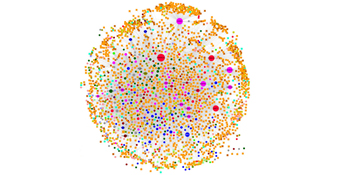
Drug discovery clues in network map
Vanderbilt investigators have constructed a network map that could guide the development of new targeted cancer therapies. Read MoreAug 5, 2014
-
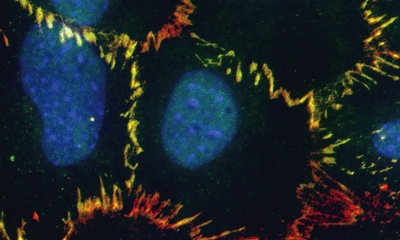
Anti-inflammatory protein “rheostat” sheds light on leaky blood vessels
Vanderbilt researchers have discovered that the protein CRADD counteracts inflammatory injury to endothelial cells, which could assist the development of new therapies for inflammatory vascular disorders. Read MoreAug 1, 2014
-

Doris Duke awards enhance clinical research training
Vanderbilt University’s Cyndya Shibao, M.D., MSCI, has received a Clinical Scientist Development Award from the Doris Duke Charitable Foundation. Read MoreJul 31, 2014